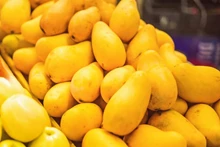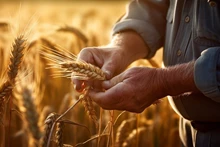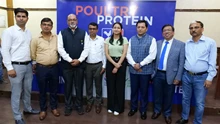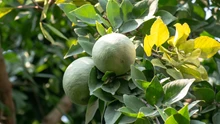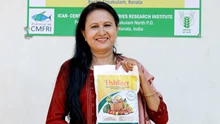
The right kind of seeds will help a farmer yield a wonderful batch of crops. But with the rise of multiple sellers that are unlicensed, underpriced, and employ fake marketing gimmicks, it is important to understand how to identify fake seeds is crucial for every farmer.
Before going deep into the methods of identifying fake seeds, it is crucial to grasp why seed quality matters. High-quality seeds are important for successful germination and robust plant growth. Fake seeds waste resources and lead to poor crop yields, ultimately impacting farmers' incomes and food production. Check these steps to save your time!
1. Physical Characteristics
One of the initial steps in identifying fake seeds is to examine their physical attributes. Fake seeds often exhibit irregularities such as discoloration, unusual shapes, inconsistent sizes, lightweight feel, or strange odors.
2. Germination Tests
Conducting germination tests is a reliable method to verify the quality of seeds. This involves placing a sample of seeds in a moist environment and observing if they sprout. Genuine seeds will germinate and grow, while fake seeds will fail to do so.
3. Reputable Seed Suppliers
To eradicate the risk of encountering fake seeds, farmers should thoroughly research reputable seed suppliers. Reading reviews and seeking recommendations from fellow farmers can be very helpful in identifying trustworthy suppliers.
4. Packaging and Documentation
Genuine seeds are typically packaged in professionally designed, tamper-proof containers or packets. Examine the packaging for any signs of tampering, spelling errors, or low-quality printing, as these could indicate counterfeit seeds.
5. Expert Advice
When in doubt about seed quality or authenticity, do not hesitate to seek guidance from agricultural experts. Local agricultural extension offices, university horticulture departments, and experienced farmers can provide valuable insights and assistance in making better decisions.
Remember, investing in genuine seeds is a fundamental step towards ensuring the success and sustainability of agricultural practices.







